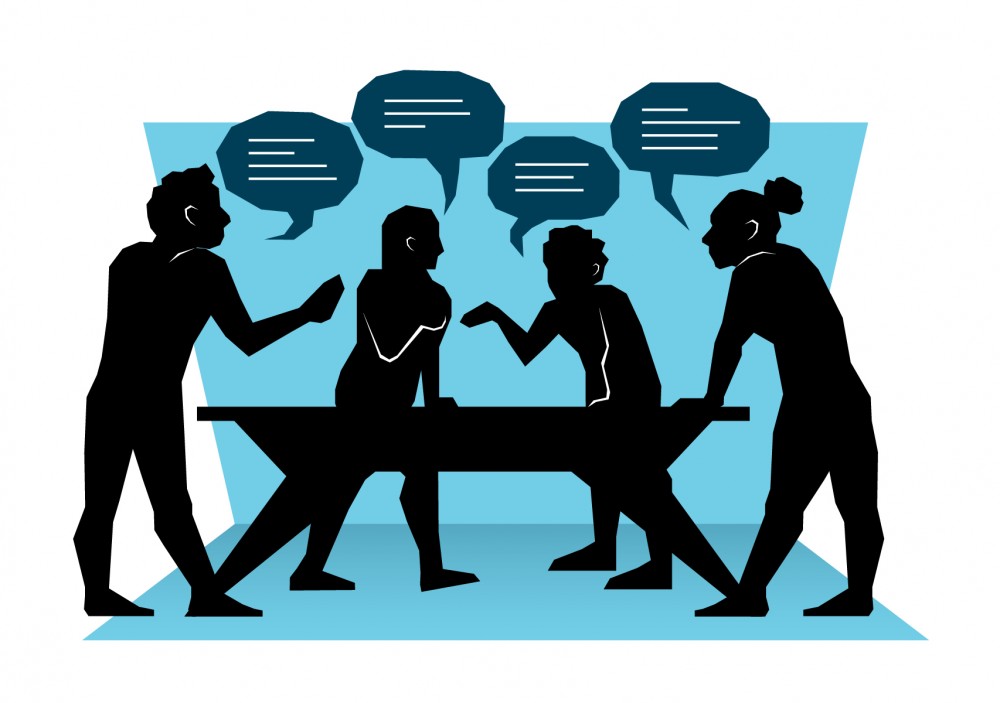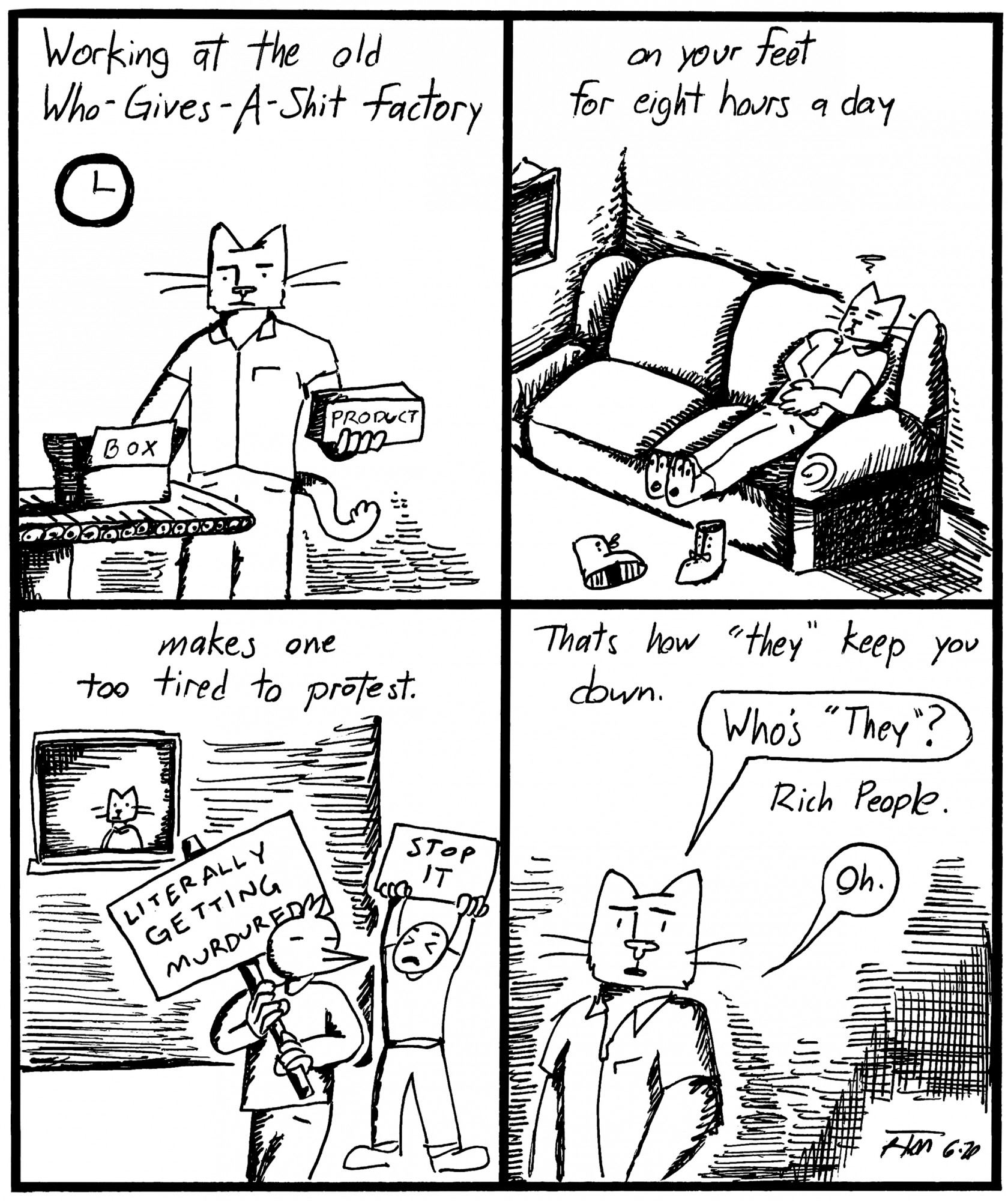On Tuesday, Oct. 8, the Supreme Court heard three cases regarding workplace discrimination against LGBT employees. Fifty-two percent of adults who identify as LGBTQ live in states where it’s legal for employers to discriminate based on sexuality or gender identity.
Currently, there are no federal protections for LGBTQ workers. The Supreme Court will make a decision by June about whether or not sexuality or gender identification falls under Title XII of the Civil Rights Act of 1964, which says workplace discrimination is illegal on the basis of race, color, religion, sex or national origin.
The Supreme Court must decide whether the category of “sex” includes gender identity or sexual orientation.
The Supreme Court only has the right to interpret the law as written, not create laws. Conservative justice Samuel Alito says that the Court should not expand the definition of sex, or they will be acting as the legislature.
The cases are not destined to fail, however. The four liberal judges on the court will likely support including sexual orientation and gender identity within the Civil Rights Act’s definition of sex. According to initial reports, conservative Justice Neil Gorsuch may also be sympathetic based on his view that the law should be read as the text itself, not as the intentions of the writers.
It’s true that the authors of the Civil Rights Act did not believe they were including, or likely want to include, LGBTQ individuals in “sex.” The world has changed since 1964, but the Supreme Court does not have the power to reflect that change beyond interpretation of the law.
Of course, that’s where legislation comes in — or it’s where legislation should come in. You can imagine how long it would take a bill about workplace discrimination to pass through Congress. Even non-controversial bills struggle to become laws. A bill this divisive likely wouldn’t even see the floor of the House.
The power of the Supreme Court rests primarily in its ability to affect faster social change than Congress. Marriage equality and the right to a safe abortion only exist because of the Supreme Court — but unlike laws, court decisions can be changed.
There is a high probability that Roe v. Wade will be challenged in the near future, and that probability goes up with more Trump appointees on the Supreme Court. Many conservatives voted for Trump purely so that Republicans could inch closer to a larger majority on the Court and overrule Roe v. Wade.
Supreme Court cases matter immensely, and the banning of workplace discrimination against LGBTQ individuals would be monumental and change many workers’ lives for the better. However, that doesn’t mean that Congress should be let off the hook.
The only way to enact permanent change is to elect officials to our legislature that support human rights, including the right to employment without discrimination. Yes, that will take much longer and be a harder road than a Supreme Court case, but it’s necessary in order to ensure the rights of millions of Americans.
The Supreme Court justices and the person sitting in the Oval Office are important, but our state senators and representatives are the only people who can keep social change permanent and safe. Supreme Court decisions are much more vulnerable.









